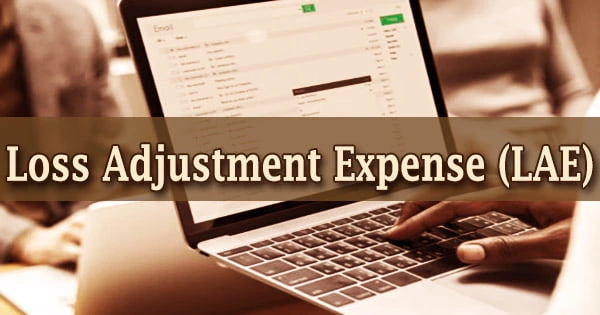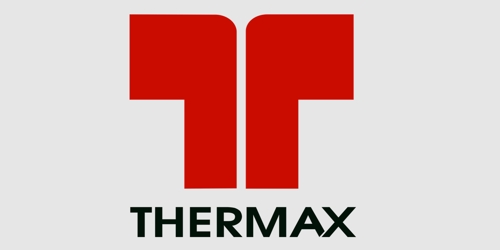The cost payable by the insurer while resolving claims is known as loss adjustment expense (LAE). These investigations are part of the insurance company’s due diligence process for determining the validity and accuracy of a claim. Loss adjustment expenditures are divided into two categories: allocated and unallocated. The expenditures acquired during the ongoing examination of a claim are known as allocated costs. Unallocated expenses are those incurred as a result of the overhead associated with conducting investigations.
When a policyholder files a claim, the insurer does not pay benefits right away. They start by looking into the allegation to see if it’s true. Insurance companies can reclaim certain loss adjustment costs by compelling policyholders to pay them. Fees charged by adjusters, investigators, attorneys, specialists, arbitrators, mediators, and other expenditures incidental to the claim are frequently included in the expenses.
When insurers receive a claim, they do not instantly open their checkbooks. They do due diligence to ensure that the policyholder’s claim for damages is accurate. They dispatch investigators to verify that what was stated actually occurred. The deductible on a vehicle insurance policy normally covers these costs. Depending on how difficult a claim is to investigate, the LAE will vary significantly.

Insurers must establish the truth of the occurrence that prompted the insured to file a claim. Before resolving claims, insurers must investigate and verify the occurrence. Even when the LAE is relatively high, insurance companies believe the cost is justified since knowing that claims are being evaluated serves as a deterrent to individuals who may make false claims for a quick buck. The insurer engages an independent surveyor to determine the degree of damage in the case of car insurance.
Many consumers will refrain from making bogus claims now that they are aware that corporations are scrutinizing them. As a result, paying the LAE is worthwhile for businesses that could otherwise be duped by bogus claims. The insurer pays the claim to the insured based on the surveyor’s evaluation. The cost of the surveyor’s appointment is included in the loss adjustment charge. Some commercial liability policies have endorsements requiring policyholders to compensate their insurers for loss adjustment costs.
Some expenses, such as funds for personnel salary and a share in overhead expenses, are set aside for specific claims and are known as allocated loss adjustment expenses (ALAE), while others, such as funds for personnel salary and a share in overhead expenses, are not and are known as unallocated loss adjustment expenses (ULAE). It’s crucial to read the endorsement wording carefully because it might suggest that a loss adjustment charge does not include the policyholder’s legal fees and costs if the insurer refuses coverage and the policyholder sues the insurer.
- Allocated loss adjustment expenses: These are the costs associated with settling a certain claim. For example, if a surveyor is hired to examine the degree of damage to an insured car, the expenses of the surveyor’s appointment form part of the allotted loss adjustment expenditure.
- Unallocated loss adjustment expenses: These are the costs incurred by the insurer for ordinary claims department activities such as payroll, maintenance, and so on. These expenses are not related to a single claim, but rather to the department’s general operations.
One of the important profitability measurements in the insurance sector is the combined ratio, often known as the “combined ratio after policyholder dividends ratio.” It exclusively considers earnings gained through day-to-day underwriting and ignores investment-related revenue. Salary and overhead will be unallocated loss adjustment expenditures for an insurance firm that keeps a staff to analyze claims but is lucky enough to never have a claim filed, but there will be no allocated loss adjustment expenses.
Information Sources:
















